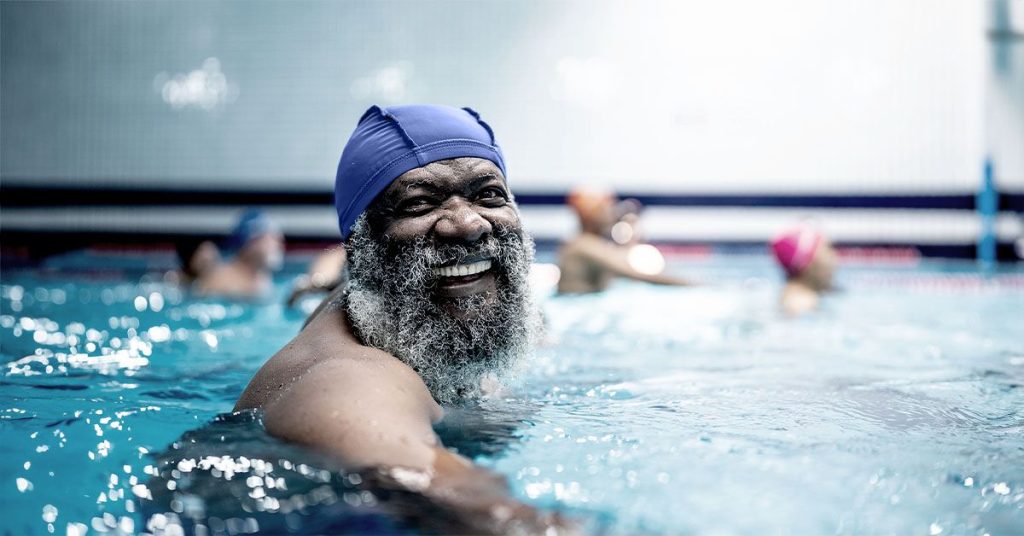Exercise has been shown to greatly benefit brain health by improving cognition, mood, and reducing the risk of neurodegenerative diseases. Recent studies have demonstrated the profound impact of exercise on various biological systems, enhancing overall health and fighting disease. Activities such as running, biking, lifting weights, or brisk walking offer a wide range of advantages beyond physical appearance or stamina. Evidence suggests that regular physical activity can boost mood, reduce stress, and sharpen cognitive function, highlighting the connection between body and mind. Different people may respond differently to various forms of exercise, such as aerobic workouts or strength training. While intense exercise was previously thought to have negative effects, recent research showed that elite athletes have extended life expectancies.
Researchers at Stanford Medicine have explored the underlying mechanisms through which exercise promotes overall health, particularly brain health. By understanding how exercise affects different organs at the molecular level, health care providers could tailor exercise recommendations more effectively. The study involved nearly 10,000 measurements across various tissues to examine the impact of 8 weeks of endurance exercise in lab rats trained to run on treadmills. The results revealed significant connections between exercise and molecules and genes involved in human diseases and tissue recovery. Other recent papers by Stanford researchers have explored exercise-induced changes in genes and tissues associated with disease risk, and the effects of exercise on mitochondria in various tissues in rats.
A study conducted by The University of Queensland in Australia demonstrated how exercise may deter or slow cognitive decline as individuals age. Researchers examined gene expression in brain cells of mice, showing that exercise influences gene expression in microglia, the immune cells supporting brain function. Exercise reverted gene expression patterns in aged microglia to patterns seen in young microglia, supporting neurogenesis in the hippocampus. Providing mice access to a running wheel also prevented or reduced the presence of T cells in the hippocampus as they aged. These findings suggest that exercise can alter the immune landscape in the aging brain, enabling immune cells to support nerve cell function.
Ryan Glatt, a senior brain health coach, underscores the benefits of exercise on brain health, particularly through gene regulation, mitochondrial function, and immune response. Exercise enhances synaptic plasticity, blood flow, reduces inflammation, and increases neurotrophic factors like BDNF. Activities combining physical and cognitive challenges, such as dance or tai chi, can be effective for brain health. While Pilates is a good starting point for those looking to engage their muscles, aerobic exercises like cardiovascular exercise, strength training, and balance exercises are beneficial to brain health in unique ways. Individual variability due to genetics and baseline health can affect outcomes, requiring further research to determine optimal exercise types and intensities for different populations.
Overall, exercise significantly improves brain health by enhancing cognition, mood, and reducing the risk of neurodegenerative diseases. Recent studies have delved into the molecular mechanisms through which exercise promotes overall health, particularly brain health, by examining the effects on various biological systems. Understanding how exercise influences different organs at the molecular level could lead to more tailored exercise recommendations and the development of drug therapies that mimic exercise benefits for those unable to engage in physical activity. Ongoing research aims to optimize exercise programs for the elderly, with activities like aerobic exercise, strength training, and balance exercises being particularly beneficial for brain health. Ultimately, exercise plays a crucial role in maintaining brain health and overall well-being as we age.













